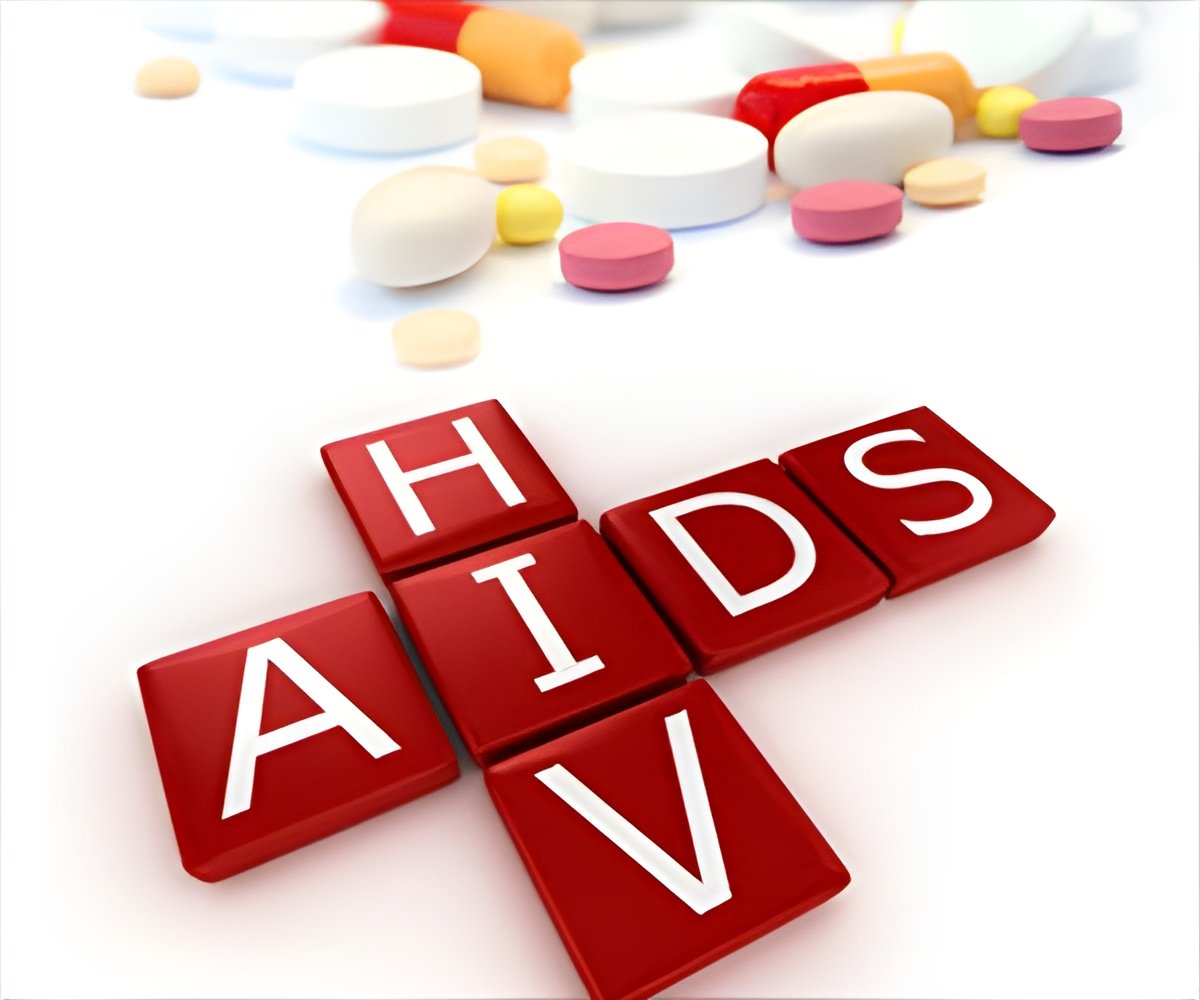Research being presented at IDWeek 2014™ says that face-to-face social networking is a more effective way to identify people with HIV.

As many as 20 percent of HIV-positive people are unaware of being infected with the virus, and therefore do not receive vital treatment. In addition to missing out on medications that can improve their prognosis and quality of life, these patients also are more likely to spread the disease to others. Therefore, encouraging people at risk for HIV to get tested is critical.
SNS programs likely are more effective because they are more proactive than traditional counseling, testing and referral (CTR) programs, which are available to anyone who wishes to be tested but do not offer the same motivation as encouragement by peers.
"A limitation of the traditional approach is that many people who are at high risk of HIV never take the initiative to get tested on their own," said Ryan Westergaard, MD, PhD, MPH, lead author of the study and assistant professor of medicine at the University of Wisconsin School of Medicine and Public Health, Madison. "Our study found that using social network strategies, in which we enlist people at high risk to encourage peers in their social networks to get tested, results in a higher proportion of positive HIV tests – making our efforts more effective and allowing us to reach the people who need it most."
In the study, researchers collected data from 45 HIV testing sites in Wisconsin over four years. Through SNS, 54 of 2,169 (2.49 percent) people tested were HIV-positive vs. 440 of 48,318 (.91 percent) of those tested through CTR.
In SNS – which is growing in large cities – people at high risk for HIV are paid an incentive (typically $10 to $20) for every person they refer who gets tested. Some experts are concerned that these programs are costly, but the new research suggests that SNS is worthwhile, because it results in a higher percentage of positive tests.
Advertisement
Advertisement














